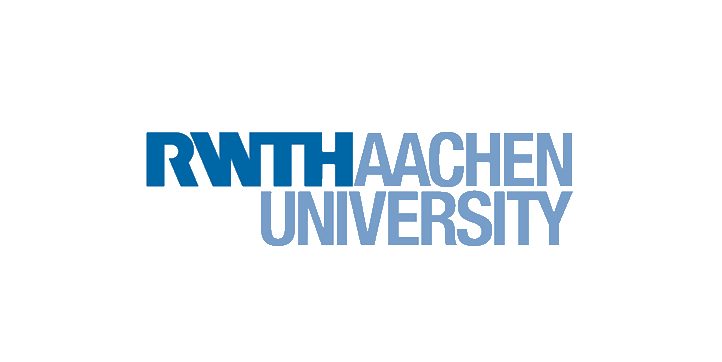RWTH: Three RWTH junior scientists at the Lindau Nobel Laureate Meeting
The RWTH chemists Dr. Ruth D. Rittinghaus, Adrian Usler and Hans Gildenast were selected to take part in the 71st Lindau Nobel Laureate Meeting. This will take place from June 26 to July 1, 2022. 611 students, doctoral candidates and postdocs from 91 countries meet around 35 Nobel Prize winners at Lake Constance. The Lindau Conference has existed since 1951, and its focus changes annually between the three scientific disciplines of physics, chemistry and physiology/medicine. With the invitation, the young scientists have successfully completed a multi-stage selection process. Applicants must not be older than 35 years.
Rittinghaus studied chemistry at the RWTH from 2011 and completed her master’s degree in 2017 with a focus on catalysis, materials and mesoscopic systems. In her doctorate under the supervision of Professor Sonja Herres-Pawlis at the Institute for Inorganic Chemistry, she dealt with the development of catalysts for the production of bioplastics. Her research interest lies in the mechanistic investigation of so-called copolymerizations, in which different starting materials are combined in one polymer. By choosing the type and arrangement of the starting materials, bioplastics with tailor-made properties can be obtained. Rittinghaus has been supporting the Herres Pawlis Group as a postdoc since September 2021.
Usler studied chemistry at RWTH from 2014 to 2019. He then started his doctorate in the group of Professor Roger De Souza at the Institute for Physical Chemistry, supported by a doctoral scholarship from the RWTH Graduate Funding. Usler is researching the electrochemical properties of interfaces in ion-conducting oxide ceramics, which are used, for example, as electrolyte materials in high-temperature fuel cells. To do this, he applies a set of mathematical tools to simulate interfacial resistances and capacitances with the aim of obtaining a sound interpretation and deeper understanding of experimental data.
Gildenast studied chemistry at the RWTH from 2013 to 2019. He then began his doctorate with Professor Ulli Englert at the Institute for Inorganic Chemistry as a doctoral scholarship holder of the German National Academic Foundation. He conducts research on organometallic networks, i.e. materials made of metal ions that are held together with the help of organic links. These have fine pores analogous to sponges, but much smaller (a few nanometers in diameter) and can be used to store gases such as hydrogen, among other things. The focus of his research is on the targeted and orderly incorporation of multiple types of metal ions to combine their benefits.

